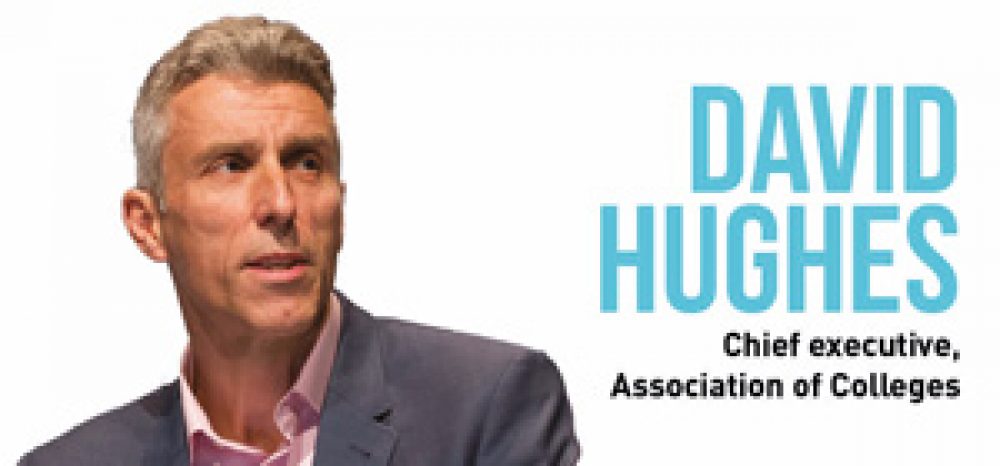How do we listen to people who have quiet voices?
As public funding of adult skills gets tighter and tighter there is a strong argument for making sure it gets spent both on the highest priorities and with positive impact. Rather than dictating what those priorities should be, the current policy is to make the ‘system’ respond to learner and employer demands. This is the driver for the UKCES employer ownership pilots which provide an opportunity for employers to have their needs met in the ways that help support them best.
It is also underpins the thinking behind many other developments, including the launch of the National Careers Service, FE Loans, freedoms and flexibilities for colleges and providers and the cutting of red tape. This Government has set out its stall: it wants empowered learners to drive the learning and skills which get delivered.
In a country (and a world) where power, resources and outcomes are all very unequal, we need to be wary that this vision for empowered learners does not simply result in those with the loudest voice scooping up the entire adult learning budget. It is not enough for learning to be funded which meets the needs of those already engaged and ignores those who could and need to benefit.
There are lots of scary statistics around; for instance, our Inquiry last year cited the Survey which found that 5.2 million adults of working age lack the literacy skills to enable them to function effectively in modern society (Work, Society and Lifelong Literacy, NIACE Inquiry Report, 2011). Only last week the BMJ published research that showed that poor literacy skills can mean you won’t live as long as you should.
Headlines like these can put more fear into people who are already anxious enough. So how do you reach people without scaring them? You don’t teach kids to read by frightening them.
The media has a significant role to play here.
On the Move, a television show made by the BBC in 1976, which I watched as a (very young) schoolboy, was aimed at adults with literacy problems. Written by Barry Took and staring Bob Hoskins (before he was famous) as a removal man, it had a massive impact, resulting in a surge in demand for adult education.
NIACE was involved then and has been again this last six months advising the BBC as it launches a new series of BBC Daytime dramas ‘Secrets and Words’ exploring adult literacy.
The five dramas start on Monday (26th March), running every day next week at 2.15 – 3.00pm on BBC1. To back this up, we have also been supporting a complete revamp of materials and resources on the Skillswise website to help teachers.
This is important work, reaching people who may not have the confidence, the information or the wherewithal to access the learning which could make such a difference to their lives. This partnership with the BBC and other work such as Adult Learners’ Week do make an impact, providing the impetus for some people to go to the local college, adult learning centre or library. Others will call the helpline which directs them to Next Step. Will they get the advice and support they need to progress? Will there be learning opportunities to meet their needs? Will the system meet their demands? Is the system fully prepared for empowered learners?
I sincerely hope that the system is ready for all learners and there is lots of evidence that people working in adult and further education want to deliver in ways which address equality issues.
But reaching out, designing learning which meets diverse needs and doing the extra work to support success is a tough call when resources are getting tighter. We all need to remain vigilant to make sure that even those people with the least powerful voices are listened to and their needs met. That would be real equality and empowerment.
David Hughes, chief executive of the
National Institute of Adult Continuing Education









Your thoughts